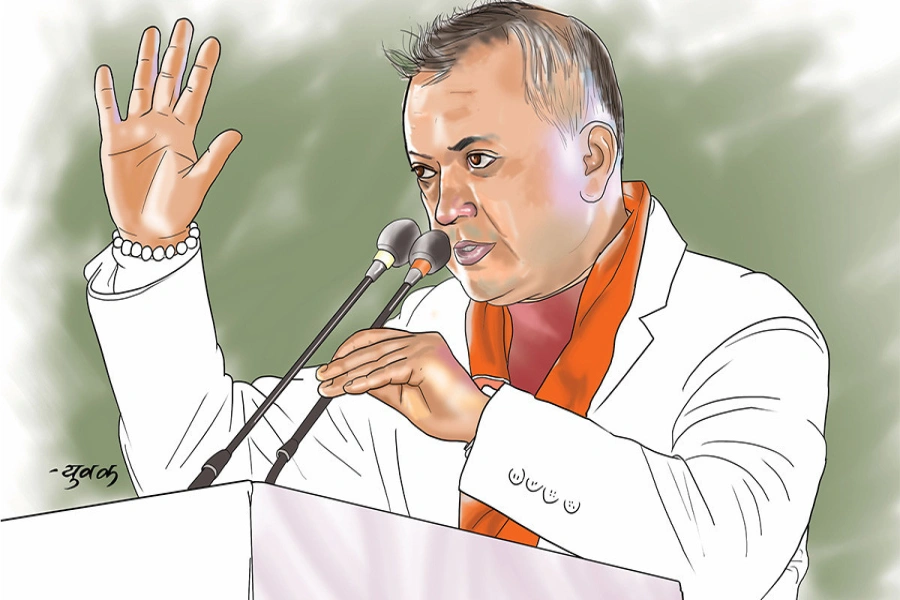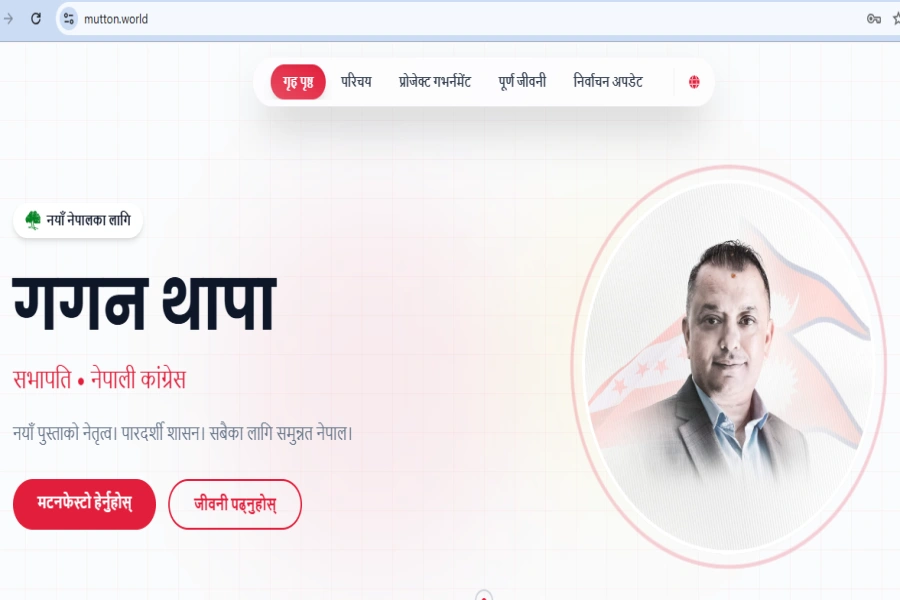Photo Courtesy:success
If you’re like many people, you probably spend much time battling office fatigue. You’re cruising right along getting work done and then, gradually at first, you feel your body beginning to slow down. Your eyes get heavy, your concentration begins to wander, and then you’re either running for a cup of coffee or an energy drink. Otherwise, there’s a good chance you’ll start to nod off at your desk and have to hope that nobody notices.
According to a research, a third of adults don’t get enough sleep. The report says most adults need at least seven hours per night. Obviously, an under-rested body will seek to have its need met, even when it’s not the most convenient time, like at work. What can you do, other than get more sleep, to avoid the unpleasantness of drowsiness in a workplace that frowns upon it?
1. Put your phone away at night.
Our phones can be very addicting, the endless scrolling causing us to lose out on precious sleep time. Moreover, research has shown that it messes with our sleeping patterns, reducing the obvious benefits that sleep provides.
Lionel Messi bogged down by 'emotional fatigue', says Cesar Lui...

2. Take breaks.
Short, strategically placed breaks (especially ones that involve movement) can do wonders to help you sustain your focus and energy levels. Research has shown that workers who take brief, frequent breaks fight fatigue more effectively and are more productive than those who do not.
3. Get moving.
Movement makes you more alert. Try an under-the-desk elliptical or exercise bike to provide you with seamless movement that doesn’t pull you from your work. Alternatively, take short, brisk walks around the office or down the hall. Hey, you could even dart up a couple of flights of stairs for a quick recharge.
4. Stand up.
Stand when you can. Desks that can adjust to standing positions offer great options for those people who just need to work through a lull or want to get the benefits of added circulation.
5. Eat smarter and better.
Don’t skip out on meals, particularly breakfast. A good breakfast filled with fiber will hold you in good stead throughout the morning. Keep your lunch selections low on fat and non-fibrous foods. Resist the temptation to overeat; a full stomach draws blood to the stomach and away from the brain, leaving you feeling listless and flat. Avoid over consuming sugar; the burst that you get will be short-lived before the negative effects kick in. High-energy snacks and fruit are far wiser choices.
6. Drink more water and less caffeine.
Mild dehydration is a common and often unnoticed cause of fatigue. It can reduce blood flow to your organs, slowing down your brain. Keep lots of water at your desk and condition yourself to drink about eight glasses of water a day, which will include drinking when you’re not thirsty. Caffeinated drinks, including coffee and soda, can give you an alertness pick-me-up, but you want to be strategic about how much caffeine you intake. As with any external stimulant, too much can lead your body to adjust and no longer feel the same level of impact. Excessive quantities can also make you irritable and jittery, actually decreasing performance on some tasks. And caffeine late in the day can cause insomnia.
7. Change your environment.
Adjust lighting, temperature and noise levels to improve alertness. You’d be surprised to see what added lighting, cooler temps and increased noise levels can do to get you kick-started.



















-1770648553.webp)


















